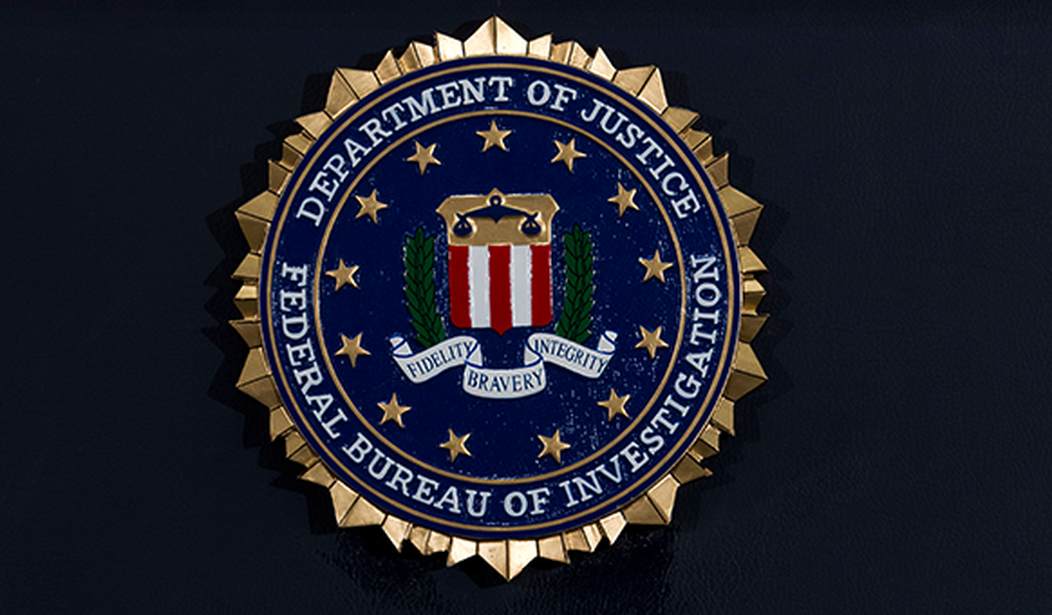by John Nantz, Townhall:

Do retired and former FBI agents really have anything relevant to say about the current weaponization of our federal institutions? Shouldn’t we all just take a seat and let the chips fall where they may? The answer to these questions may seem self-evident to you. At least I hope they seem like easy answers.
TRUTH LIVES on at https://sgtreport.tv/
But, some seem to struggle with this question, positing that if you’re not a current FBI employee, you have nothing relevant to say. Things have changed, they’ll say. You’re out of touch — these are the thoughts of a feeble mind.
Now, I’m not talking about whistleblowers. Their contribution to public discourse and policy decisions is beyond debate. (At least for any but the most militantly partisan.) The efficacy of whistleblower information rises and falls on the quality and manner of their disclosures. It doesn’t necessarily follow that they’re good and decent people — some are, some aren’t. But, it’s not primarily about who they are, it’s about the relevance and strength of their information and argument.
However, some are so radioactive the House Judiciary Committee won’t risk their presence — knowing their poor character and shameless pandering for social media accolades make them vulnerable to Democrat criticism. That’s a smart, tactical decision. The Judiciary Committee didn’t execute perfectly, but close enough.
But, for the truly toxic personality, a thousand podcast episodes won’t be enough to bury the open cesspool of a failed career, nor slake a clinical obsession with adulation. If you know, you know. There’s no amount of media dry-cleaning that will get rid of that stink.
This may be breaking news to many, but the retired FBI agent community is a robust and professional body of men and women who have served their country for at least twenty years. For many, that time was spent on the street investigating cases, pursuing ancillary duties, or later in leadership. They are intimately familiar not just with stated policy, contained in documents like the DIOG (the seminal corpus of FBI policy and procedure), but more importantly, how policy is actually implemented in real time, when lives are on the line, or when merely administrative matters are implicated.
It’s become fashionable to denigrate retired, and to some degree former, FBI agents as sellouts, or beholden to their pensions. The veritable “golden handcuffs” as some have whined. I suspect that imprecation is really a thinly veiled jealously, spoken by someone who bungled a career. Beware…some who wear the sheep’s skin of whistleblower are really just wolves who hope to transmute failure in one profession to success in something else — you still can’t make gold out of lead.
The truth is, the retired agent community is composed primarily of men and women who have served their country honorably for decades, spending that time as professional investigators, deftly constructing complex structures of analysis, and honing their powers of logical induction and deduction. They are intimately familiar with FBI practices and policies that aren’t subject to rapid amendment or redaction.
For most, the passing of time doesn’t blunt analytical capability, but continues to enhance it with the addition of the rarest of qualities — wisdom. Many retired agents go on to occupy positions of great responsibility and continue to apply the lessons of success or failure acquired by hard experience.



